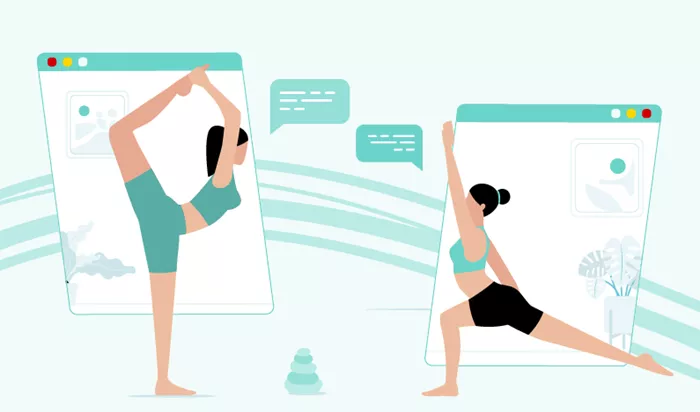Physical activity is not just about building muscles or losing weight. It’s also about taking care of your mind. Regular movement can help you feel happier, sleep better, and manage stress more effectively. In this article, we’ll explore how physical activity benefits mental health, especially for those dealing with mental health conditions like depression and anxiety. We’ll also provide some self-assessment tools and professional advice to guide you on your journey to better mental well-being.
The Connection Between Physical Activity and Mental Health
Understanding the Link
When you engage in physical activity, your body releases chemicals like endorphins and serotonin. These “feel-good” chemicals can improve your mood and reduce feelings of anxiety and depression. Exercise also helps you sleep better and boosts your self-esteem.
Regular physical activity has been shown to:
- Reduce symptoms of depression and anxiety
- Improve mood and emotional well-being
- Enhance cognitive function and memory
- Increase self-esteem and confidence
- Promote better sleep quality
According to the Mental Health Foundation, being active releases chemicals in your brain that make you feel good, boosting your self-esteem and helping you concentrate as well as sleep well and feel better.
Scientific Evidence
Research supports the positive impact of physical activity on mental health. For instance, a study published in the British Journal of Sports Medicine found that just 75 minutes of moderate-intensity exercise per week—about 11 minutes a day—can significantly improve health outcomes, including mental health.
Another study highlighted by the Times suggests that walking at least 7,000 steps a day significantly reduces the risk of depression.
Types of Physical Activity Beneficial for Mental Health
Aerobic Exercises
Activities like walking, jogging, swimming, and cycling increase your heart rate and are known to reduce anxiety and depression. These exercises help release endorphins, which are natural mood lifters.
Strength Training
Lifting weights or using resistance bands can improve your physical strength and boost your self-esteem. Strength training has also been linked to reduced symptoms of depression.
Mind-Body Exercises
Practices like yoga and tai chi combine physical movement with mindfulness and deep breathing. These exercises can help reduce stress and improve overall mental well-being.
Dancing
Dancing is not only fun but also a great way to relieve stress. A study reported by the New York Post found that dancing helps release “feel-good” hormones and lowers levels of cortisol, the stress hormone.
Incorporating Physical Activity into Daily Life
Start Small
You don’t need to run a marathon to reap the mental health benefits of exercise. Start with small, manageable activities like a 10-minute walk or a short yoga session.
Set Realistic Goals
Set achievable goals to stay motivated. For example, aim to walk 7,000 steps a day or exercise for 30 minutes three times a week.
Make It Enjoyable
Choose activities you enjoy to make exercise a regular part of your routine. Whether it’s dancing, swimming, or playing a sport, enjoying the activity increases the likelihood of sticking with it.
Be Consistent
Consistency is key. Try to incorporate physical activity into your daily schedule, even if it’s just a short walk during your lunch break.
Professional Suggestions
Consult a Healthcare Provider
If you’re experiencing persistent symptoms of depression or anxiety, consult a healthcare provider. They can help you develop a treatment plan that may include physical activity, therapy, or medication.
Combine Exercise with Therapy
Combining physical activity with therapy can enhance treatment outcomes. According to a report by Time, integrating exercise into therapy sessions can improve mood and make clients feel more productive.
Monitor Your Progress
Keep track of your physical activity and mental health symptoms. Monitoring your progress can help you stay motivated and identify patterns that may require adjustments to your routine.
Conclusion
Physical activity is a powerful tool for improving mental health. Regular exercise can reduce symptoms of depression and anxiety, boost your mood, and enhance your overall well-being. By incorporating enjoyable physical activities into your daily routine and seeking professional guidance when needed, you can take significant steps toward better mental health.
Remember, it’s never too late to start. Begin with small, achievable goals and gradually build up your activity level. Your mind and body will thank you.
Related topics:
- Improving Employee Mental Health Boosts Workplace Productivity, Study Shows
- 10 Proven Steps To Fix Your Mental Health On Your Own
- When Is Men’s Mental Health Month?


